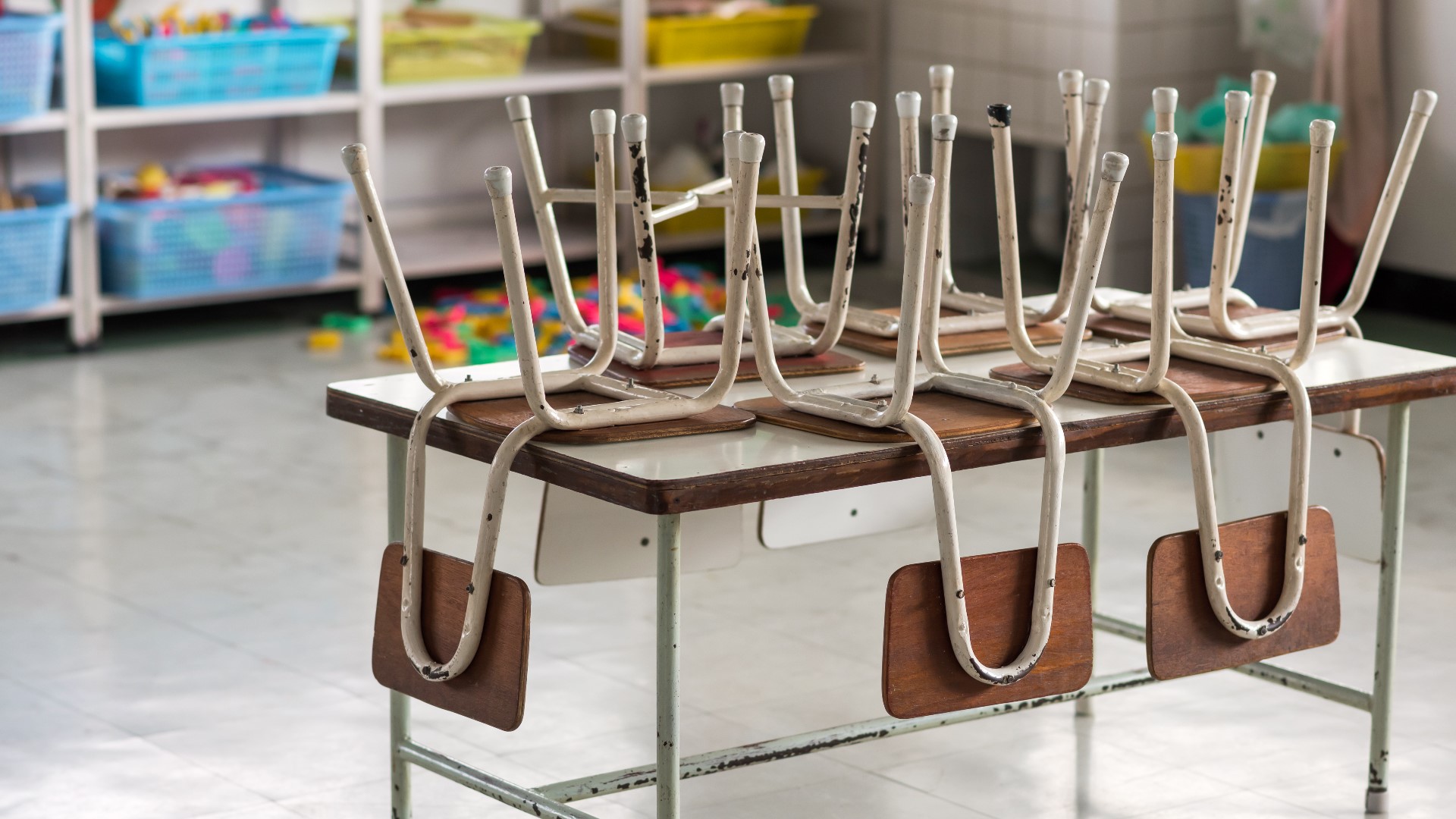TAMPA, Fla. — School districts are grappling with what to do about safeguarding our classrooms.
Parents are trying to decide between traditional schools and learning from home.
We’ve heard President Donald Trump and Gov. Ron DeSantis insist children have a much lower risk of getting sick from COVID-19.
But what about their future health?
It’s a topic starting to gain traction.
The discussion about whether it’s safe to send kids back to the classroom often focuses on the present.
“The science on it I think it’s pretty clear about kids being extremely low risk when it comes to this virus,” Gov. Ron DeSantis said recently.
But increasingly, health professionals are raising concerns about what could happen when a generation of children exposed to COVID-19 grows up.
“The idea that you get this and just get over it, is not known,” said Dr. John Sinnott, an infectious disease physician with USF Health at Tampa General Hospital. “But I’m deeply concerned that that is not the case.”
Dr. Jay Wolfson with USF Public Health says the truth is no one knows the answer about COVID-19’s persistence, meaning how long it could stay in our bodies - because it’s still so new.
“So, a young person who may be asymptomatic, because of this disease in the way it works, they may have acquired something which sometime in the future will affect their heart, their lungs, kidneys, or the brain. Or something else,” said Dr. Wolfson.
COVID-19 has a genome made of RNA rather than DNA. RNA viruses can stay in the body for a lifetime.
Chickenpox, for example, might be dormant for decades, then manifest itself again in adults as a painful dangerous condition called Shingles.
While there is a lower rate of symptoms in kids who get COVID-19, health experts don’t know what will happen when those 5, 6 and seven-year-olds become 50, 60 and 70-year-olds.
“That’s very important. We don’t know how that’s going to manifest a year from now, or two years from now,” said Dr. Alina Alonso with the Florida Department of Health. “Is that child going to have chronic pulmonary problems or not?”
Public health experts say it’s something parents should consider as they make their decision whether to send kids back to the classroom, while acknowledging keeping kids home has its own set of risks.
“We are already seeing tremendous spikes in bankruptcies and divorces and family violence. People of lost their jobs. Businesses are closing down,” said Wolfson.
Some doctors have suggested if COVID-19 hides in the human body for long periods of time it might also be a key to allowing the body to build immunity. But for now, all indications are the older a patient gets, the more vulnerable they become.
So, decisions being made for children now - could have lifelong consequences.
- Tropical Storm Gonzalo strengthens in the Atlantic
- Florida brewers to Gov. DeSantis: We need help
- Florida Sen. Rick Scott says his grandchildren will start 'distance learning'
- Florida reports another 9,440 cases, 136 deaths from coronavirus
- Reward increased to $30,000 for information about 3 friends 'massacred' in Polk County
- SOLVED: The disappearance of Melissa Gormley
- Here are the reopening plans for Tampa Bay school districts
FREE 10 TAMPA BAY APP:
►Stay In the Know! Sign up now for the Brightside Blend Newsletter



